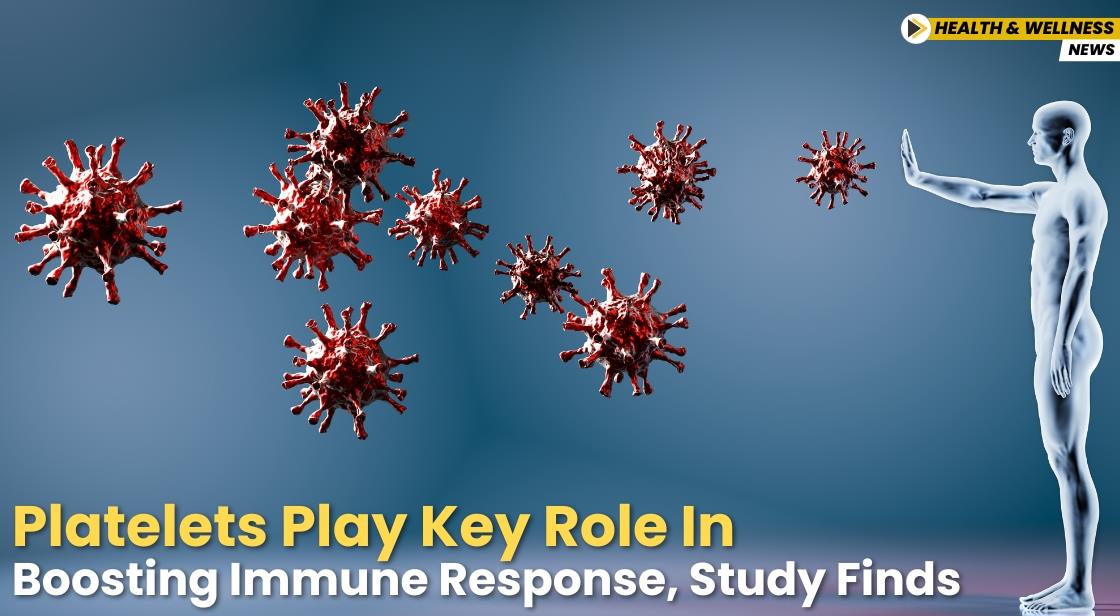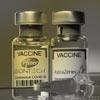Platelets Play Key Role in Boosting Immune Response, Study Finds

News Synopsis
Researchers have unveiled a surprising new player in the body's immune defense system: platelets. A study by the University Hospital Bonn (UKB) and the University of Bonn, published in the prestigious journal EMBO Molecular Medicine, sheds light on how platelets enhance the inflammatory capabilities of white blood cells called monocytes.
Monocytes and Their Crucial Role
Monocytes are a type of white blood cell responsible for producing cytokines, chemical messengers essential for a healthy immune response. These cytokines trigger inflammation, a vital step in fighting off infections. However, the study reveals that monocytes rely on interaction with platelets to function optimally.
"Understanding how monocytes function is critical," explains Professor Bernardo Franklin, the study's senior author and a researcher at UKB's Institute of Innate Immunity. He emphasizes the delicate balance: "Abnormal monocyte activity can lead to severe inflammation or even deadly cytokine storms, while impaired function can result in 'immune paralysis,' increasing susceptibility to infections."
Platelet Power: Boosting Monocyte Function
The research team discovered a fascinating connection. A low platelet count, whether due to a rare blood disorder or medical intervention, leads to a weakened immune state in patients. This state, characterized by a disrupted cytokine response, can be reversed by introducing fresh platelets to the monocytes.
Dr. Ibrahim Hawwari, a co-first author of the study, explains the mechanism: "We found that pro-inflammatory signals propagate from platelets to monocytes, maintaining their inflammatory capacity." Platelet vesicles, tiny compartments within platelets, were identified as key players in this communication between cells.
New Frontiers in Immune Therapies
These findings hold immense promise for developing new treatments. By understanding how platelets influence monocytes, researchers can explore therapeutic strategies to combat "immune paralysis" in conditions like immune thrombocytopenia (ITP) and other inflammatory diseases.
The significance of this discovery is reflected in the study's placement on the cover of EMBO Molecular Medicine's August edition. This research paves the way for a deeper understanding of platelet-monocyte interactions, potentially leading to improved treatments for various immune disorders.
Conclusion
This groundbreaking research by the University Hospital Bonn and the University of Bonn rewrites the script on the role of platelets in the human body. Previously known primarily for their role in blood clotting, platelets are now revealed to be crucial players in the immune system. Their interaction with monocytes, a type of white blood cell, significantly enhances the body's ability to mount a healthy inflammatory response.
The discovery that low platelet count weakens the immune system and can be reversed by introducing fresh platelets opens exciting possibilities for therapeutic interventions. This knowledge could be vital in developing treatments for immune disorders like immune thrombocytopenia (ITP) and other conditions characterized by "immune paralysis."
With this research featured on the cover of EMBO Molecular Medicine, the scientific community is taking notice. A deeper understanding of platelet-monocyte communication has the potential to revolutionize the way we treat immune disorders and related diseases. This is a significant step forward in our quest to strengthen the body's natural defenses.
You May Like









